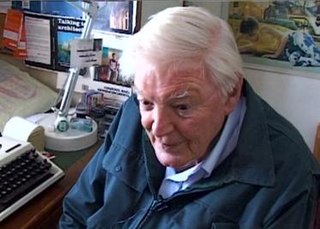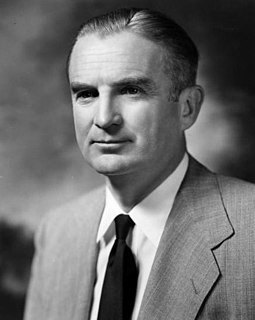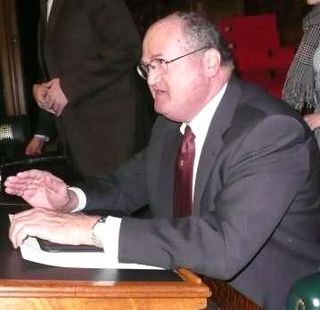A Quote by Colin Ward
American strategists have calculated the proportion of civilians killed in this century's major wars. In the First World War, 5 percent of those killed were civilians, in the Second World War 48 percent, while in a Third World War 90-95 percent would be civilians.
Related Quotes
Well, one thing that has changed is the number of people killed by terrorists in Pakistan. Civilians killed has gone down really quite dramatically. There was a newspaper article here about a month ago that got big headlines which said that civilian deaths from terrorism were down something like 80 percent or 90 percent from their peak of two or three years ago.
We used to have a War Office, but now we have a Ministry of Defence, nuclear bombs are now described as deterrents, innocent civilians killed in war are now described as collateral damage and military incompetence leading to US bombers killing British soldiers is cosily described as friendly fire. Those who are in favour of peace are described as mavericks and troublemakers, whereas the real militants are those who want the war.
In an all-out nuclear war, more destructive power than in all of World War II would be unleashed every second during the long afternoon it would take for all the missiles and bombs to fall. A World War II every second-more people killed in the first few hours than all the wars of history put together. The survivors, if any, would live in despair amid the poisoned ruins of a civilization that had committed suicide.
In Iraq, State Department civilians and U.S. soldiers have been operating in the same location in an active war zone. While the troops have been facing insurgents, the State Department civilians have been working to rebuild institutions and infrastructure. Blackwater's role in this war evolved from this unprecedented dynamic.
Is it not tragic, for example, that while in the last World War almost everyone believed it was the war to end all wars and wanted to make it so, now in this Second World War almost no writer that I have read dares even suggest that this is the war to end all wars, or act on that belief? We have lost the courage to hope.
Yes and no. Because America has only about 1 percent of the population serving in the military, it is hard for many civilians to understand the sacrifices military families make. However, my experience is that after the Vietnam War, the public learned that they should support the military whether or not they support the war. You've seen that outpouring of support for the veterans of both Iraq and Afghanistan.
When you say that after World War I there was a pandemic that killed more people than the war itself, most will say: "Wait, are you kidding? I know World War I, but there was no World War 1.5, was there?" But people were traveling around after the war, and that meant the force of infection was much higher. And the problem is that the rate of travel back then was dramatically less than what we have nowadays.





































